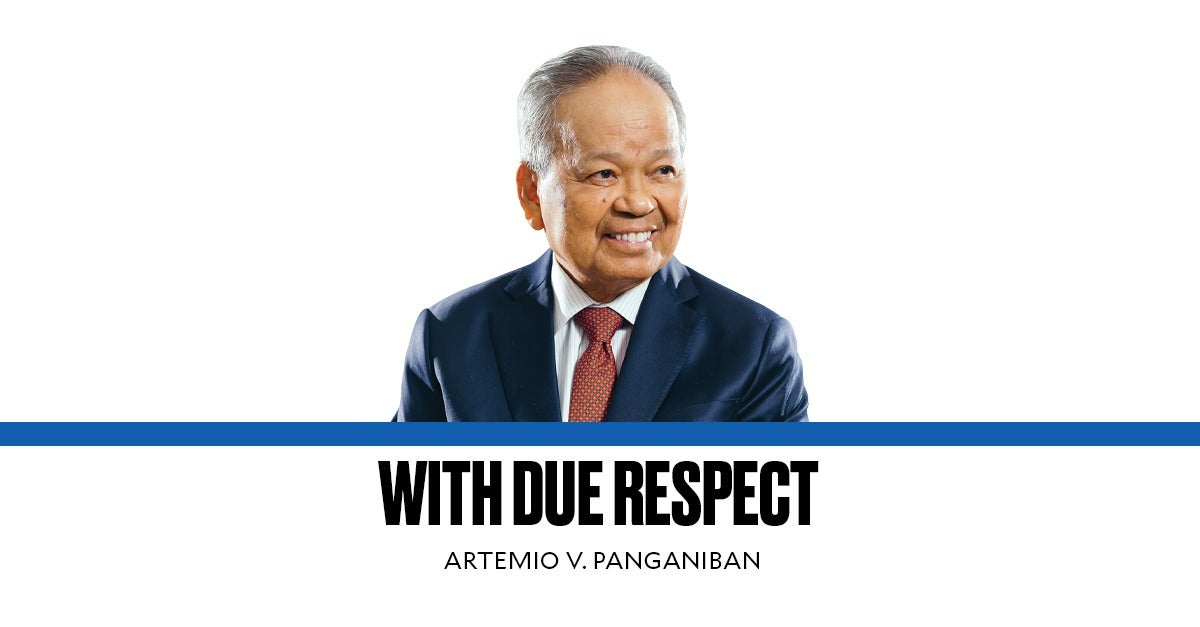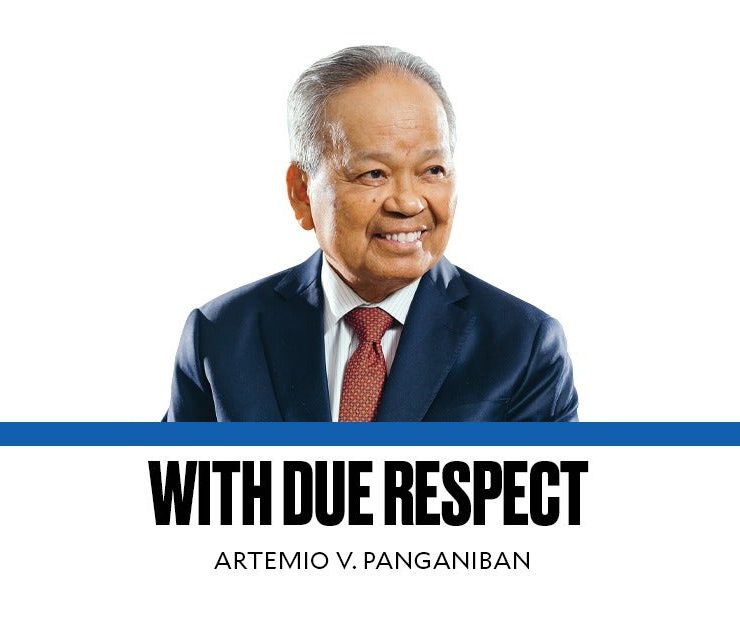Legislative exposés and lifestyle checks

The revelations of Curlee and Sarah Discaya and several officials of the Department of Public Works and Highways (DPWH) during the legislative hearings, admitting they received billions of pesos that ended in the plunders’ pockets via the flood control scams, and naming their cohorts in the high places, including honorable members of Congress, shocked our already enraged people.
READERS VEHEMENTLY ASK: “Why can’t these damning admissions be used by Congress as evidence in filing criminal cases and in jailing the culprits?” Answer: Because, as I explained in my column last Monday (“Investigating the heinous flood control scams”), the main purpose of legislative investigations is to aid the lawmakers in crafting new legislation, and secondarily, to recommend to the Office of the Ombudsman (OMB) and/or the Department of Justice (DOJ) the prosecution of the culprits.
Sensational these legislative exposés may be, yet they cannot, by themselves, authorize the filing of criminal charges against the culprits. In these public hearings, there are no criminal charges, no respondents, no accused, not even witnesses; only so-called “resource persons” who are supposed to provide information that would aid in the crafting of new legislation.
Nonetheless, congressional investigations ferret out facts, opinions, and sometimes sarcasm that are reported by media in crimson headlines, blaring broadcasts, and gossipy posts on TikTok, Instagram, or Facebook. And the names and malevolencies of high officials, construction companies, and senators and congressmen were caught in and highlighted in incriminating scenarios by video and by testimonial evidence.
THIS IS WHY THE OMB AND THE DOJ should, motu proprio, now conduct transparent parallel investigations and pursue the criminal aspects of the scams exposed by the lawmakers. Or at the very least, start the preliminary investigations as soon as various pieces of evidence are unearthed showing that a crime has been committed and that the “resource persons” (and/or the lawmakers themselves) are probably guilty thereof.
I commend DPWH Secretary Vince Dizon for instantly filing non-bailable criminal cases right after visiting the deficient and scandalous flood control projects. He personally went to the OMB and swore to the truth and authenticity of the evidence against officials from the Bulacan first district engineering office and several private contractors. Instead of conducting interminable inquiries, Dizon immediately filed the charges and let the OMB conduct the hearings as the rules and due process require.
Reacting to my opinion that we do not need new laws or institutions to catch and penalize criminals, compañera Patricia Prodigalidad, managing partner of ACCRA Law Office, texted, “I agree wholeheartedly … and I have always wondered why the government has seldom (or perhaps never) pursued the forfeiture of illegally acquired wealth under RA 1379.
“Under that law, the government needs to only allege that the properties/wealth accumulated by the public officer (including those properties in the name of his/her spouse, ascendants, descendants, and relatives as well as other persons suspected to be holding property for the public officer) is not commensurate with that public officer’s salaries and lawful earnings. With that established, the burden would be on the public officer to prove how the excess was legally acquired (which would be donation, inheritance or purchase, all of which would involve payment of some transfer tax).”
I fully concur with her that if they cannot prove legal acquisition, the excess would be forfeited in favor of the government. It is such a strong law (passed in 1955), I do not understand why it is not used more often. The process under RA 1379 is straightforward and seems very efficient. More importantly, the possible forfeiture of assets may be a deterrent to corruption.
THE LIFESTYLE CHECKS ORDERED RECENTLY BY PRESIDENT MARCOS would amount to nothing more than idle talk and media extravaganza unless they result in the forfeiture, after due process, of ill-gotten wealth via RA 1379. There should be speedy justice for the garish display of expensive watches, cars, real estate in gated villages, condominiums, and branded accessories by public officials.
I believe that the legislative exposés have produced enough damning results to send the culprits to jail. It is time for the corruption watchdog created by our Constitution – the OMB – to show its teeth and act patriotically, courageously, efficiently and effectively.
Our people are restless and enraged by the heinous flood control scams. They demand and certainly deserve speedy justice. Enough evidence had been exposed by Congress. The Judicial and Bar Council should rush its list of nominees for the vacant position of ombudsman to enable the President to appoint a new anti-graft czar who will lead his deputies and assistants in conducting open, transparent, accountable and credible hearings. It is also time for all public officials to be transparent and accountable, and to open to our people their statement of assets, liabilities and net worth or SALNs.


















